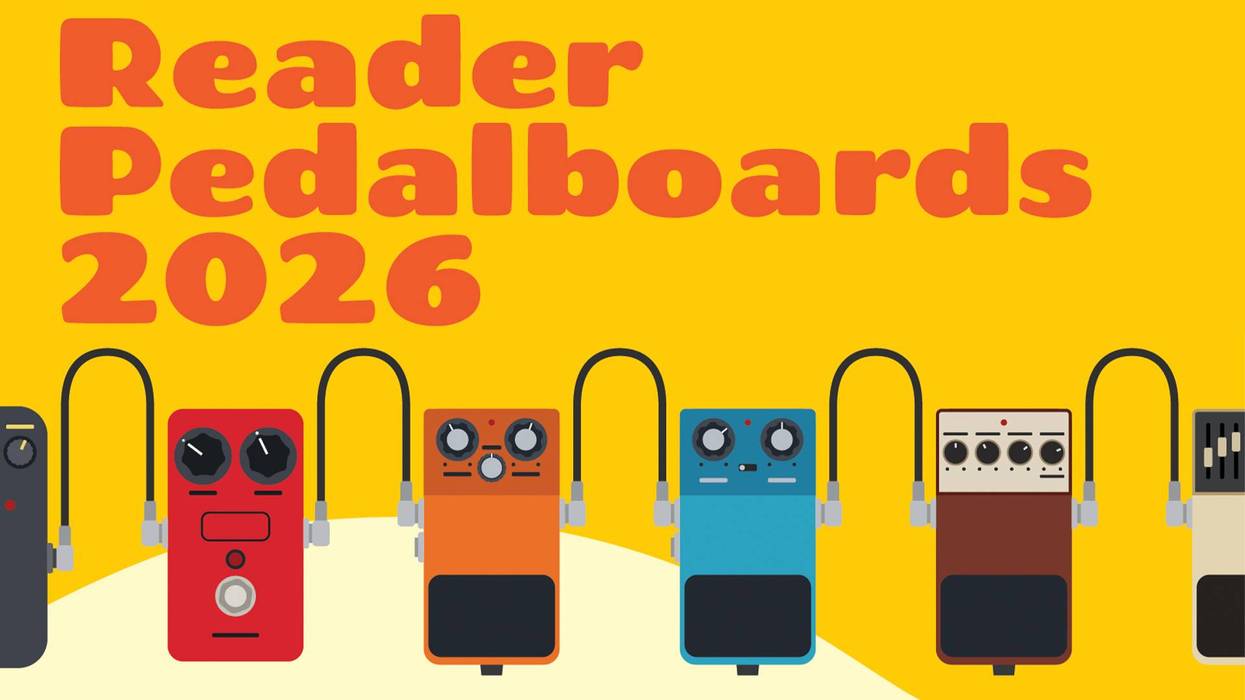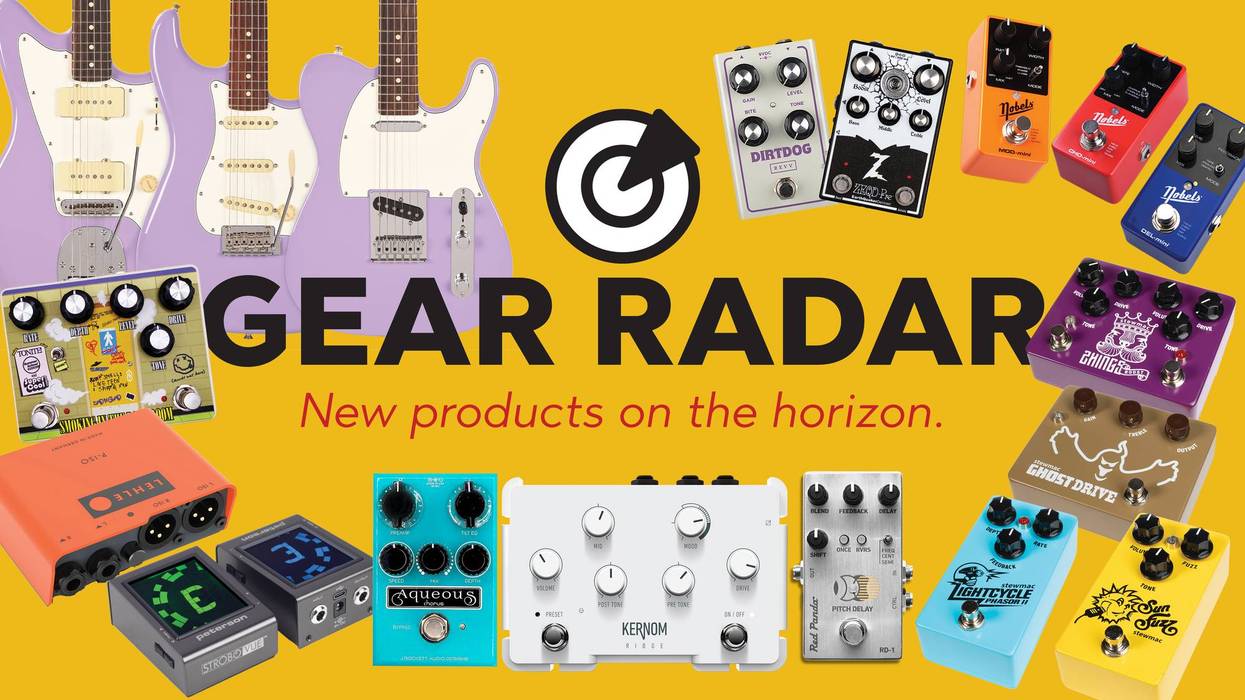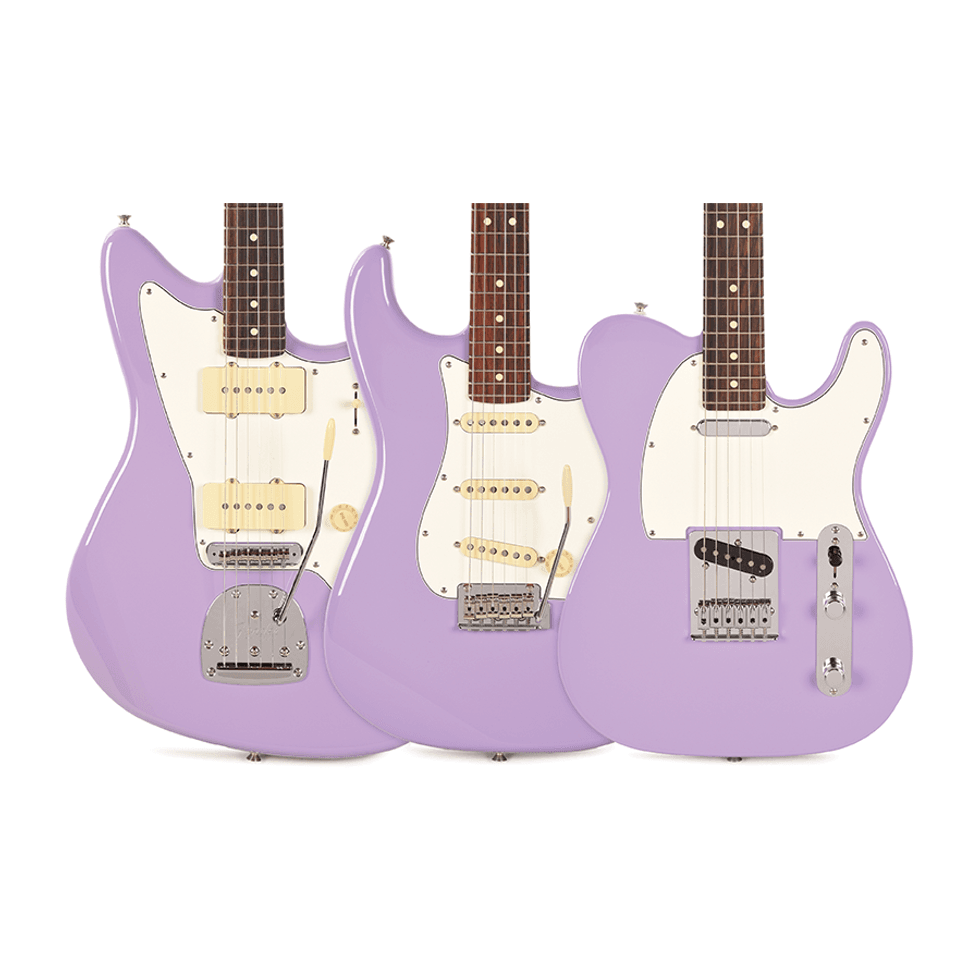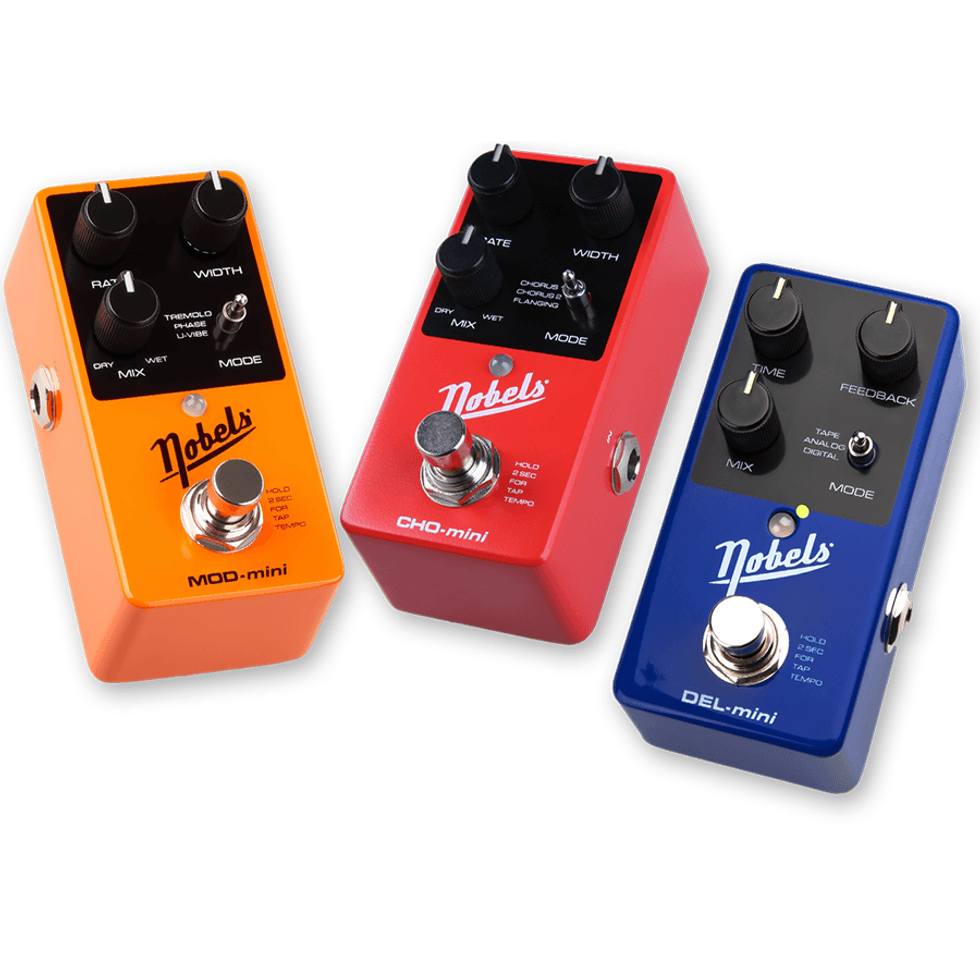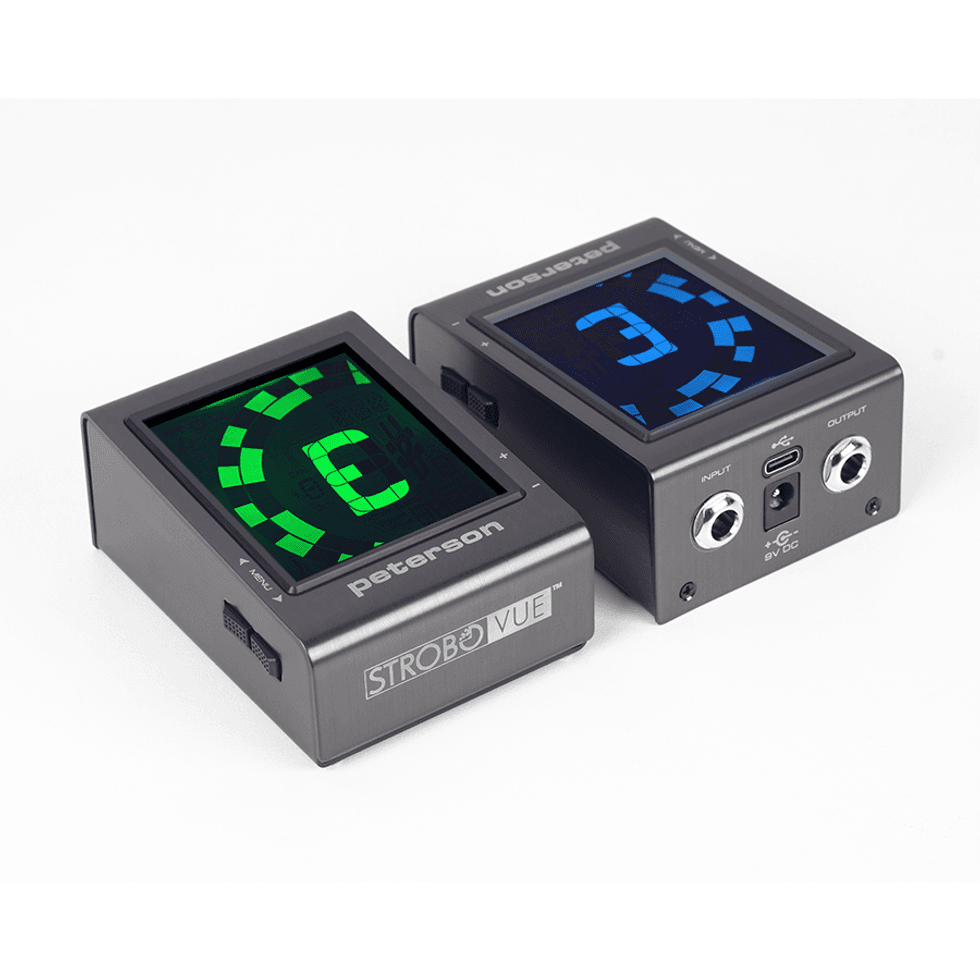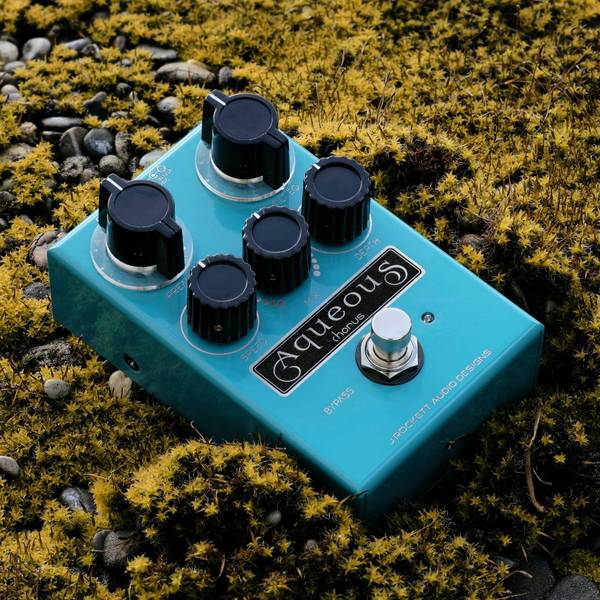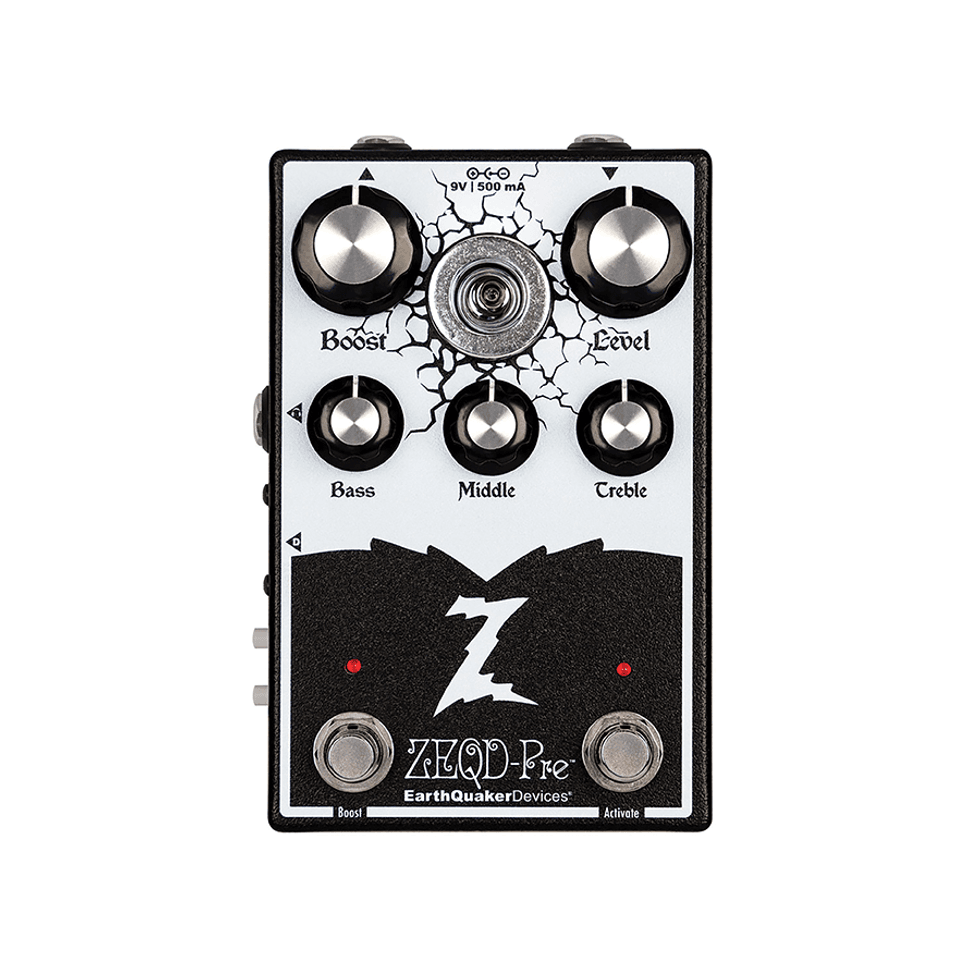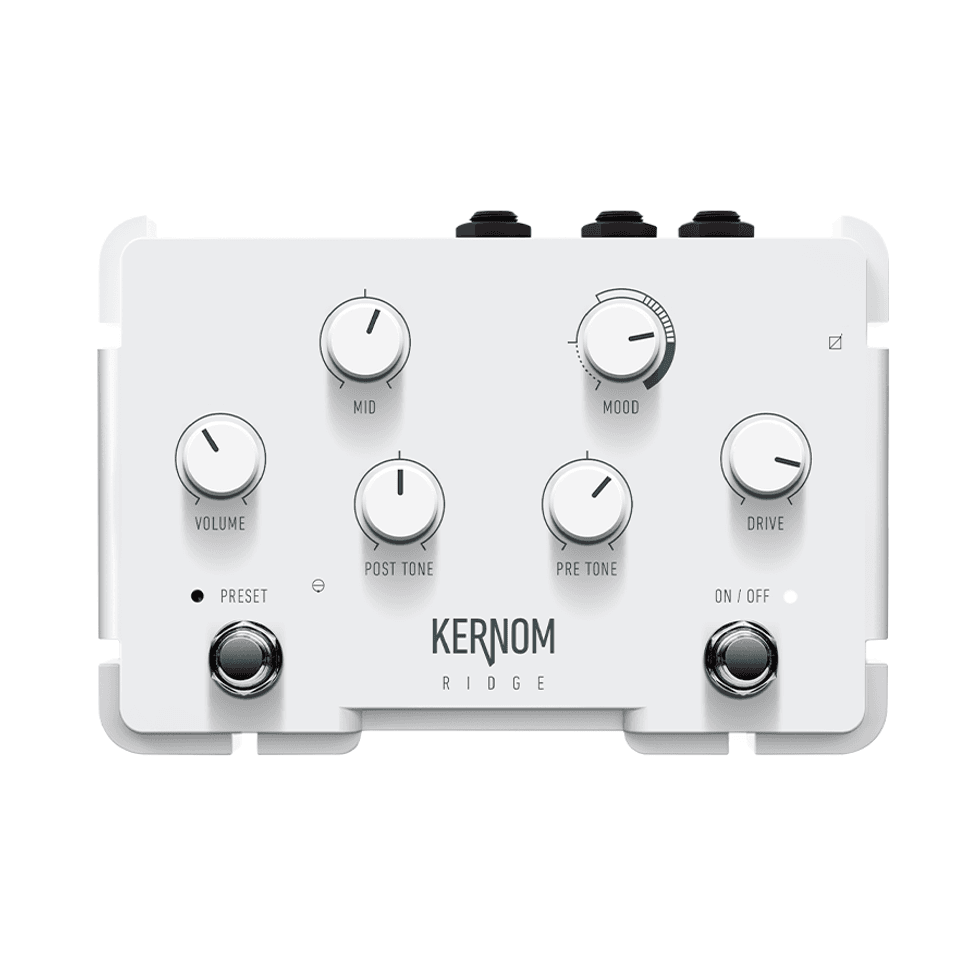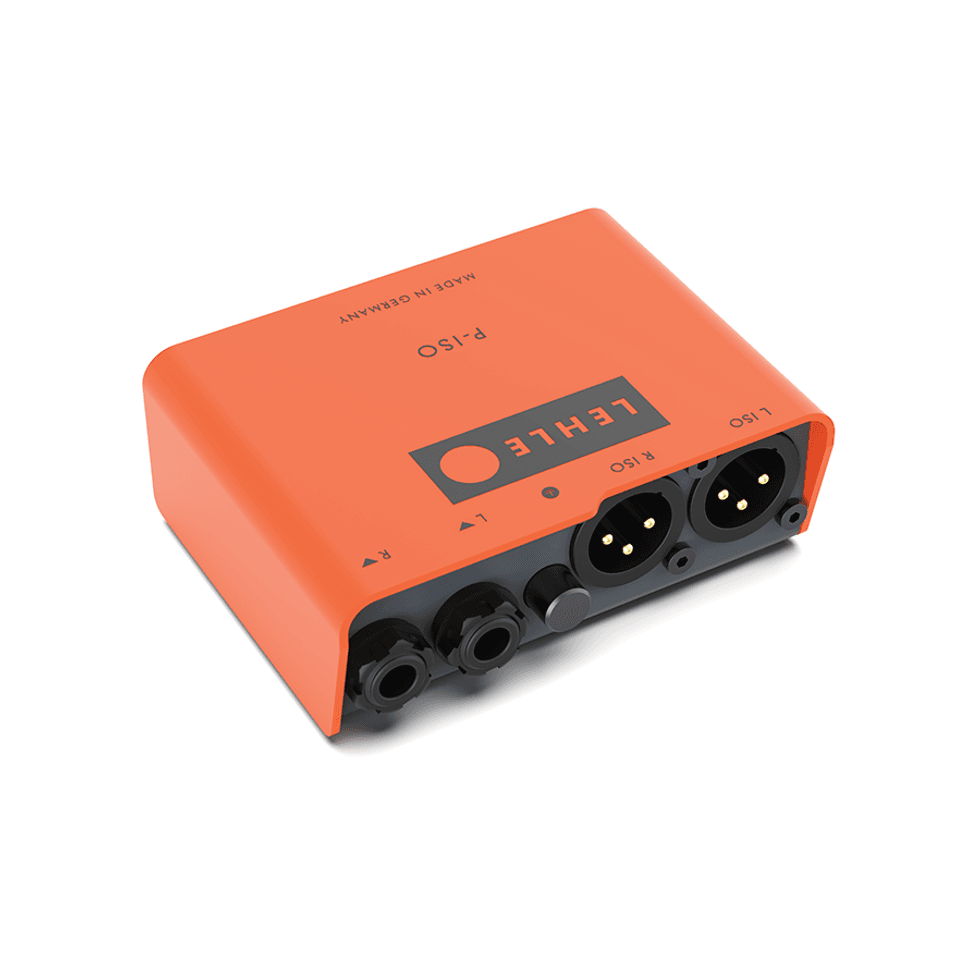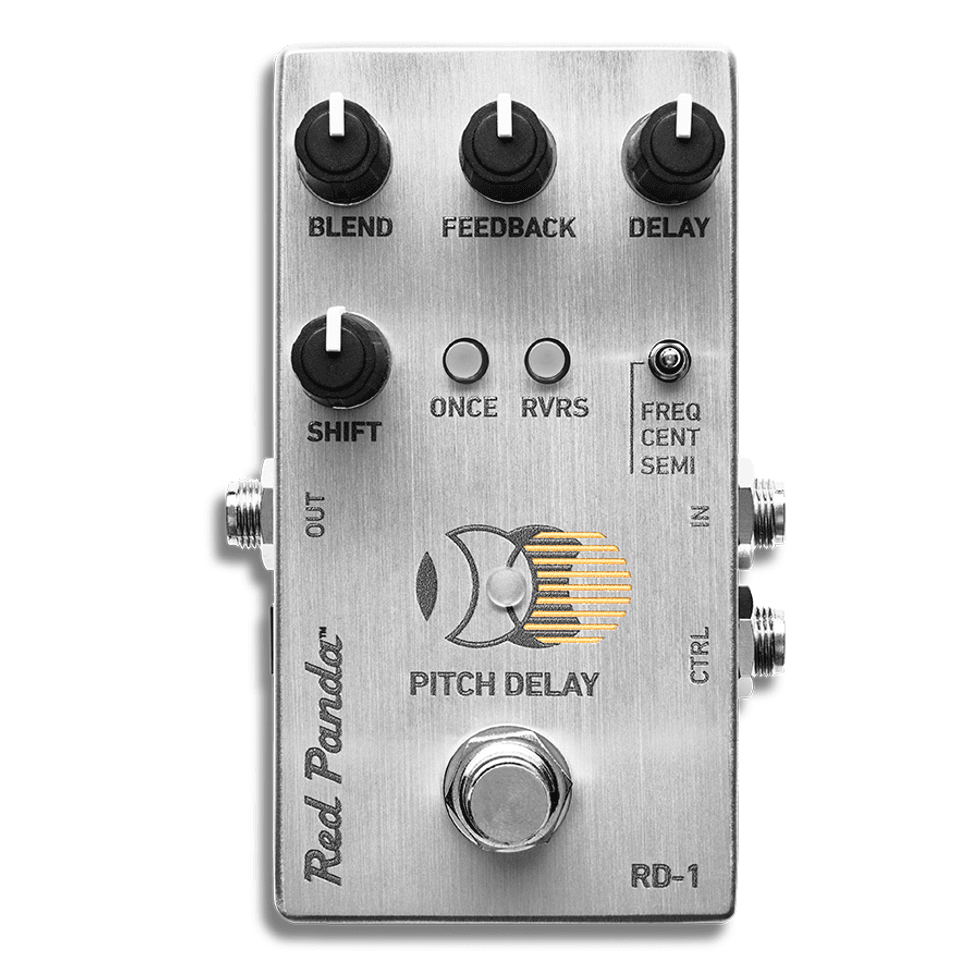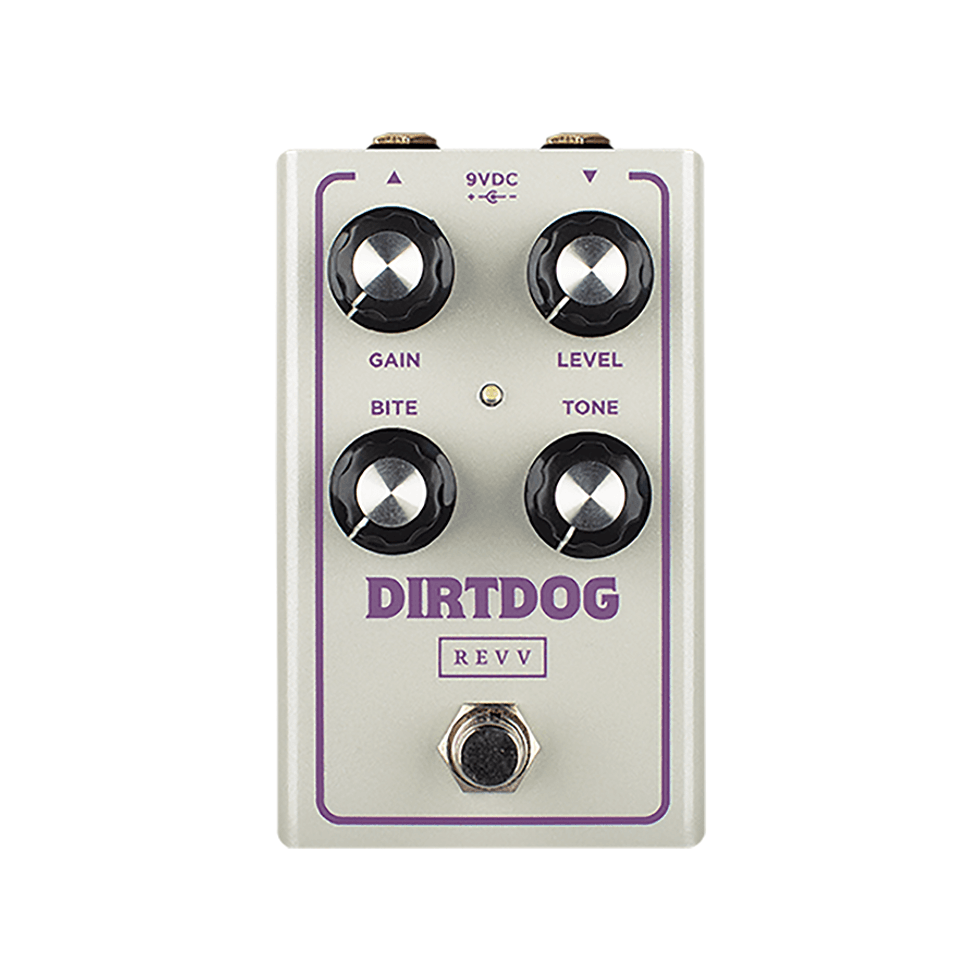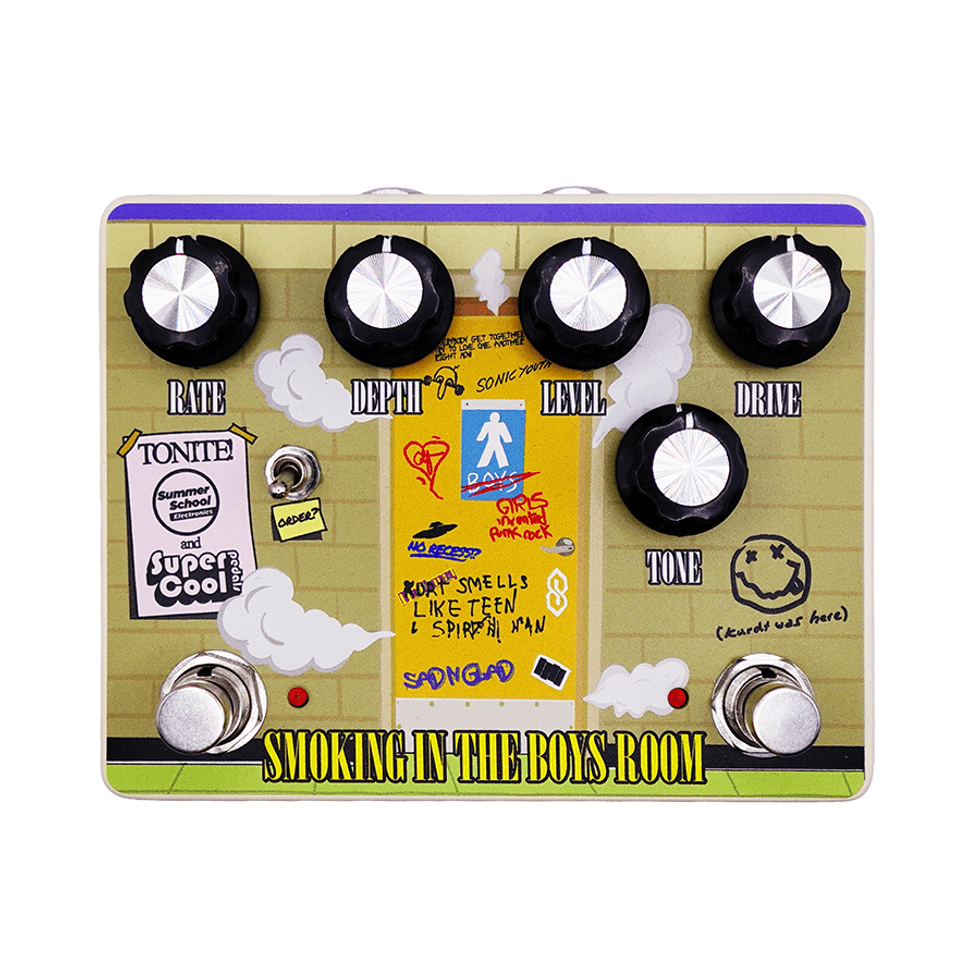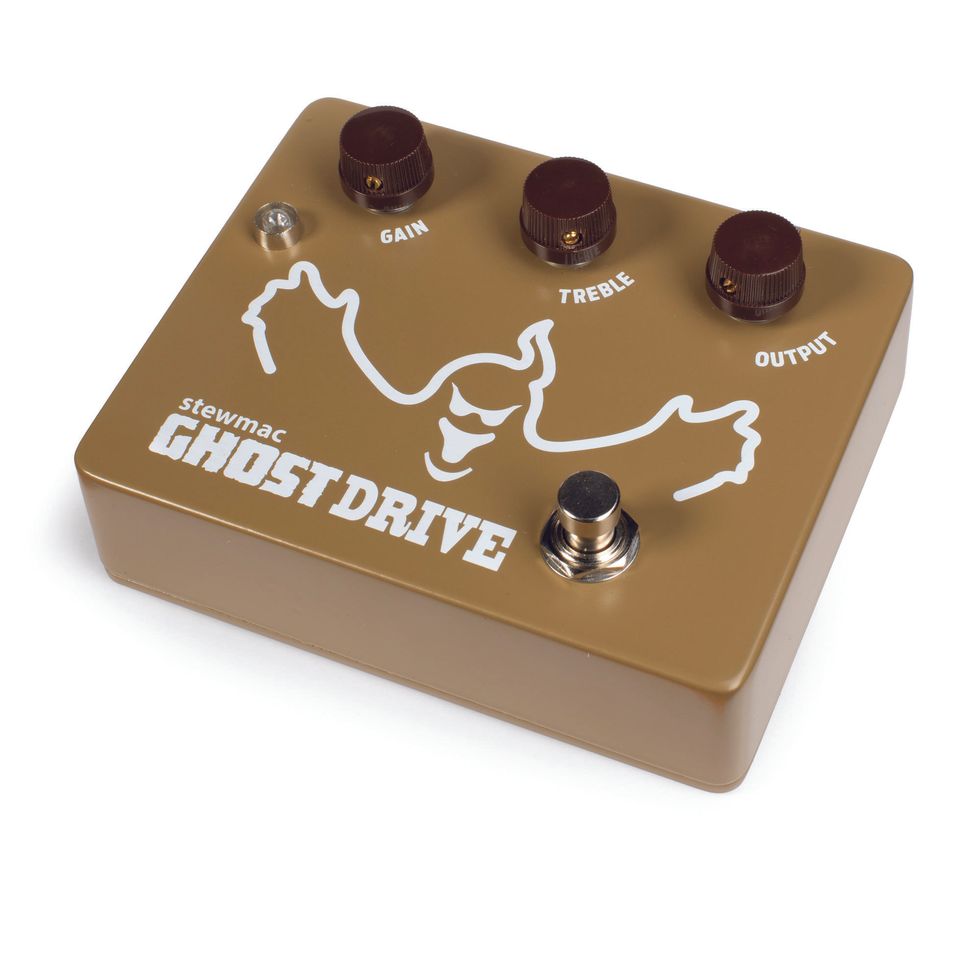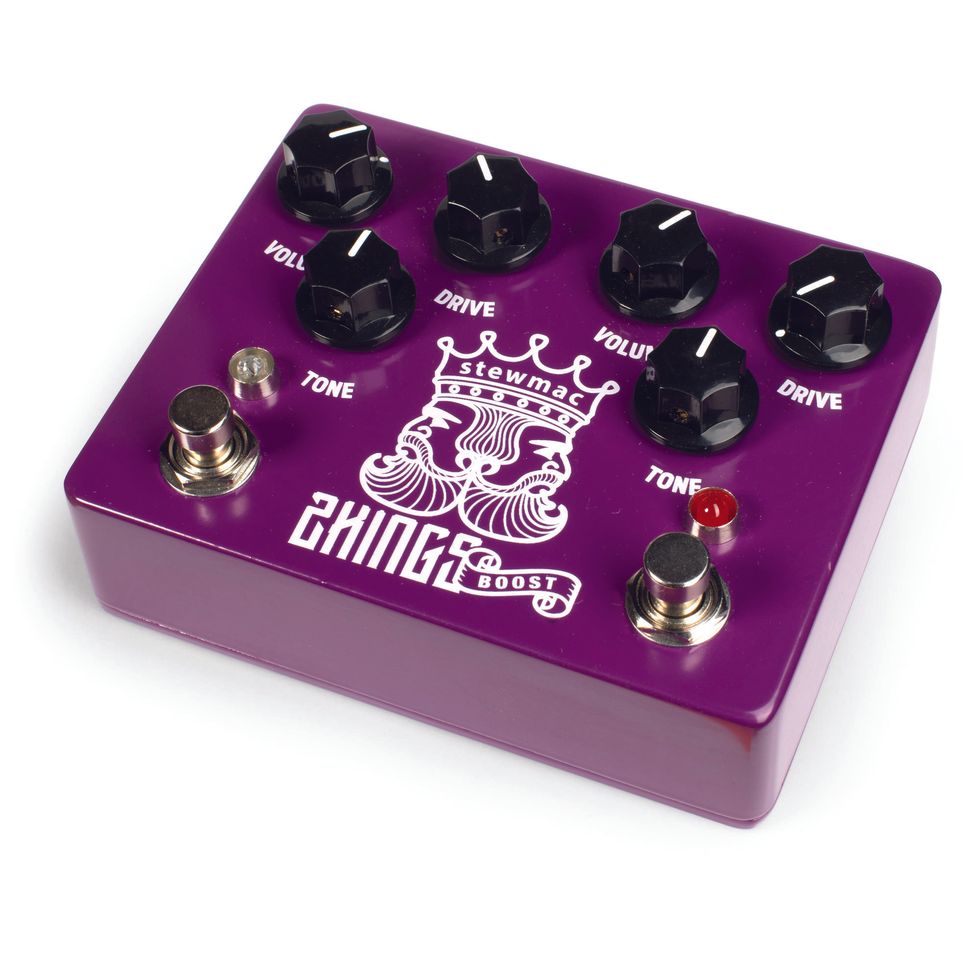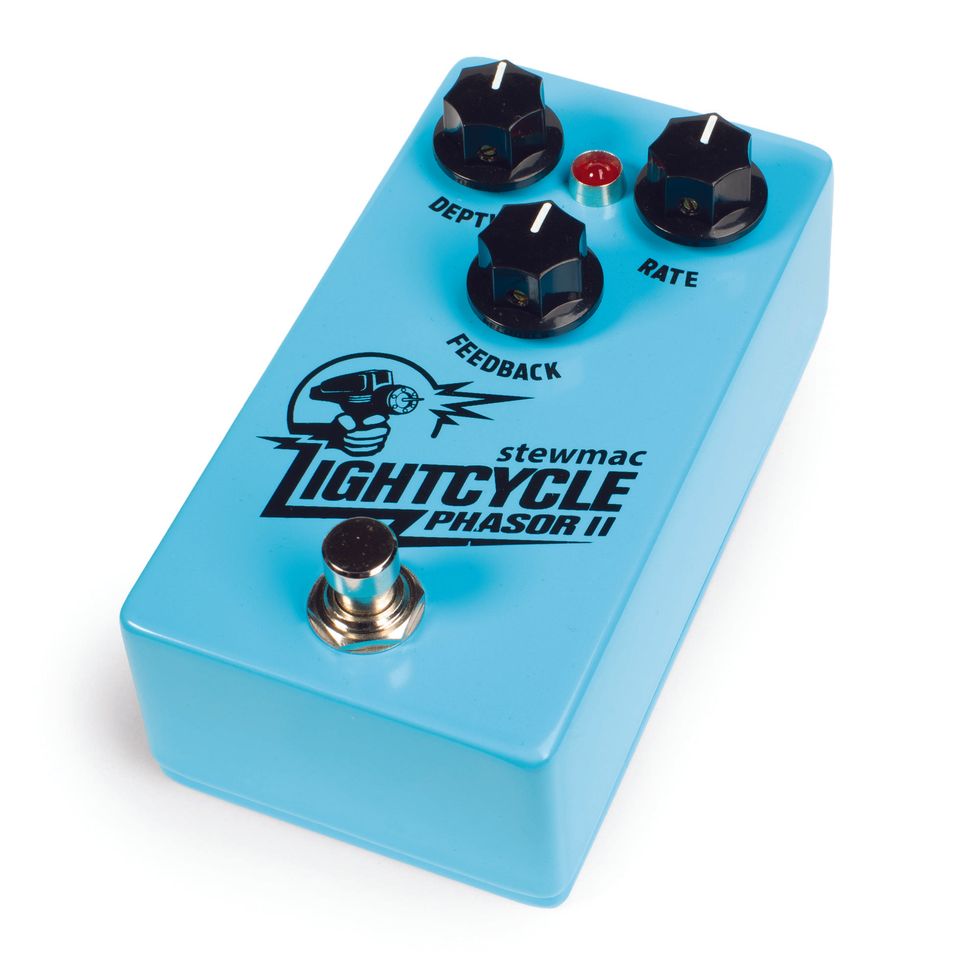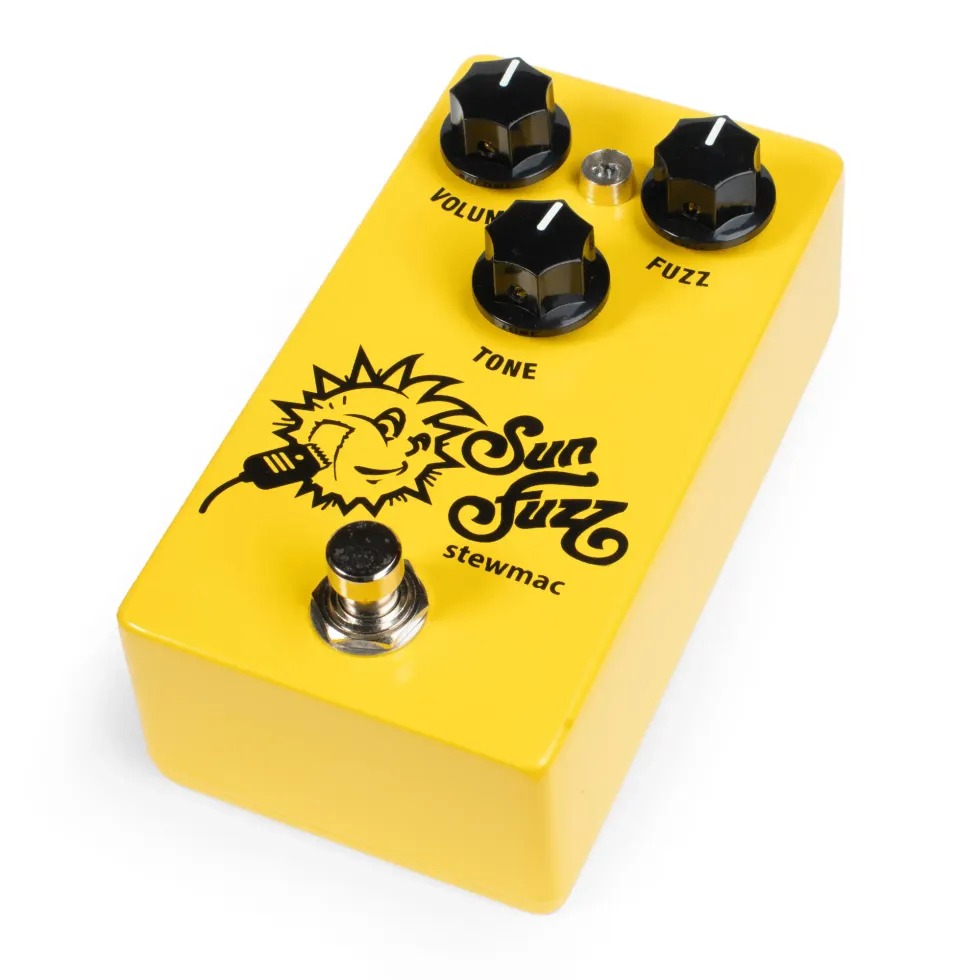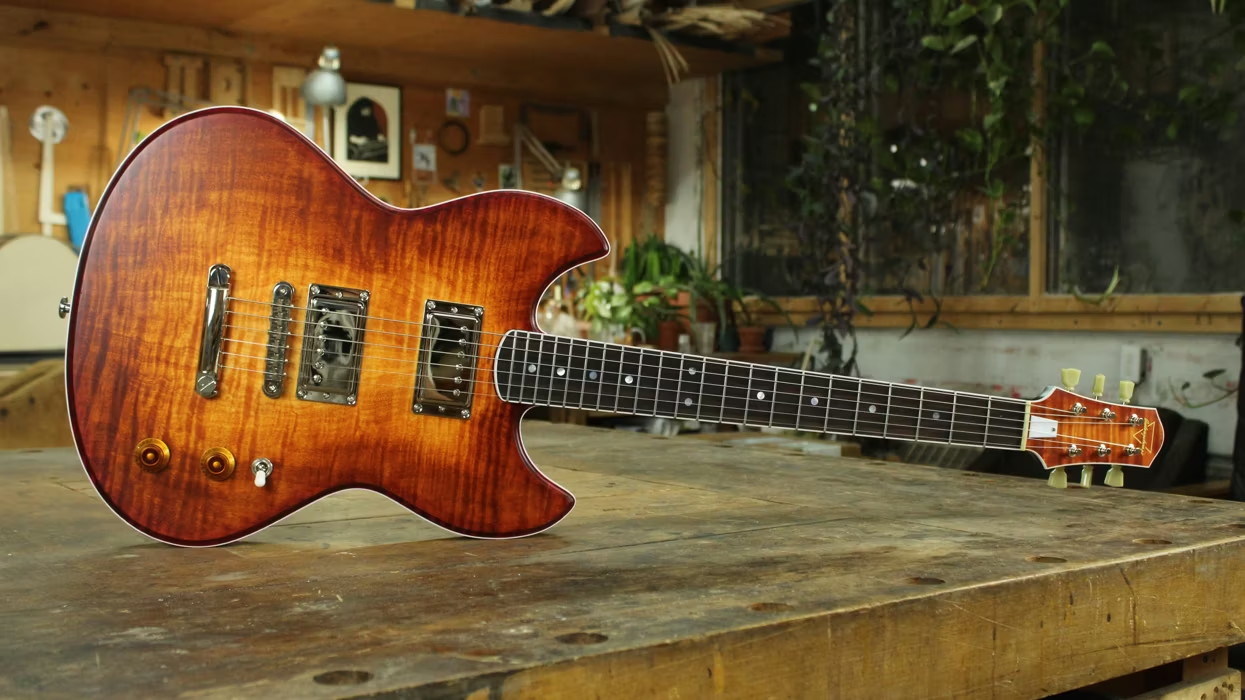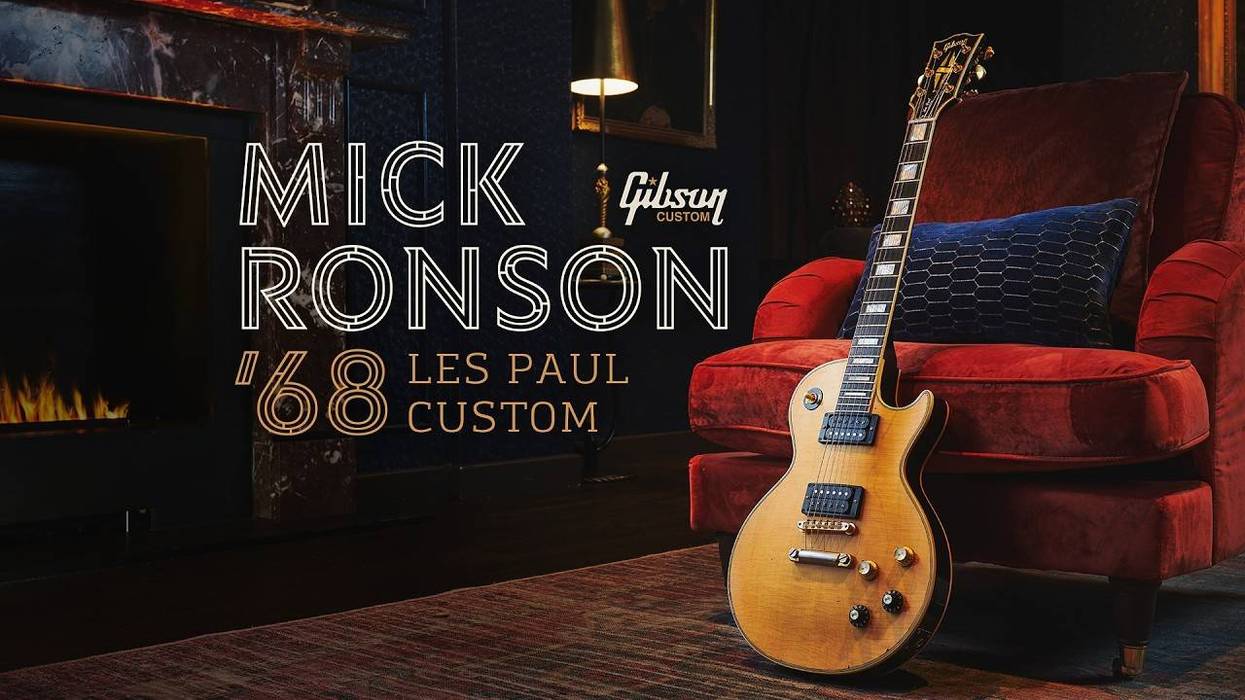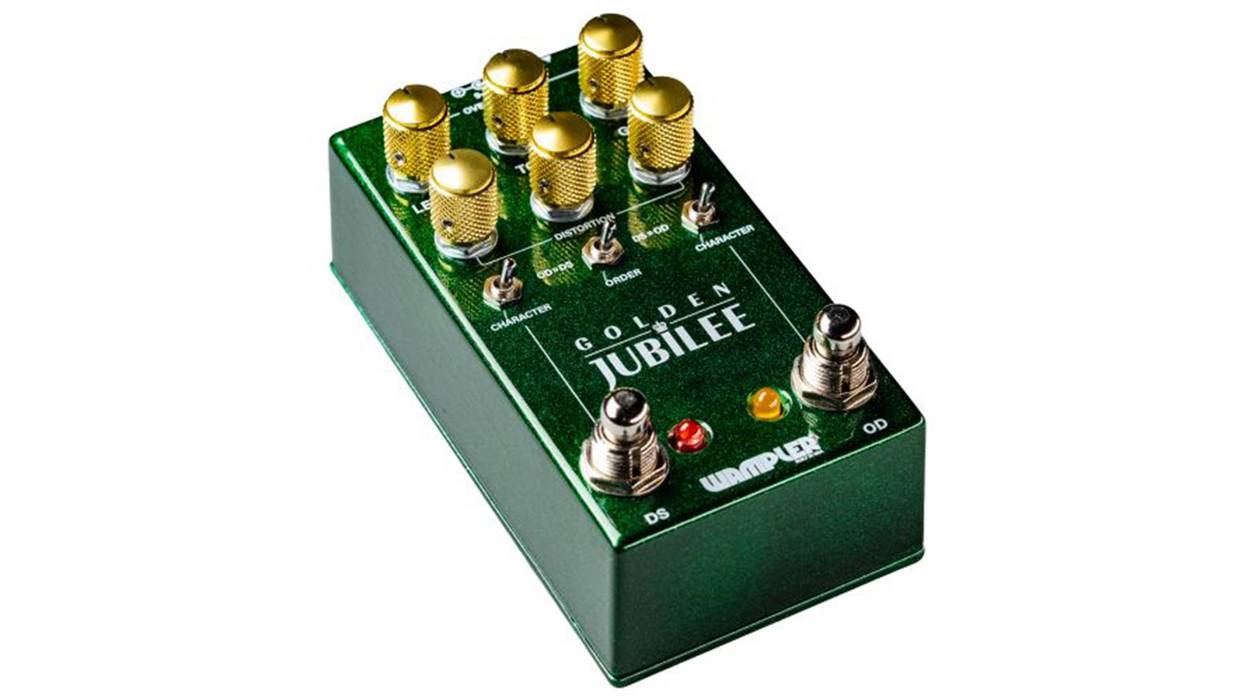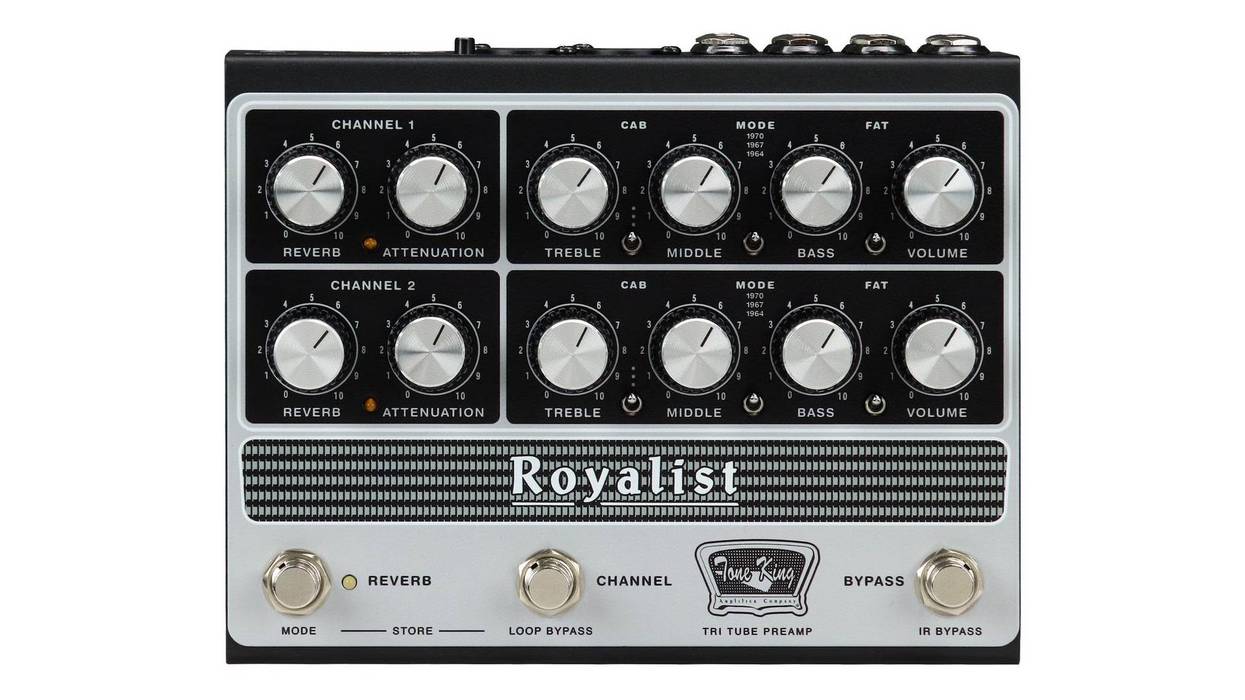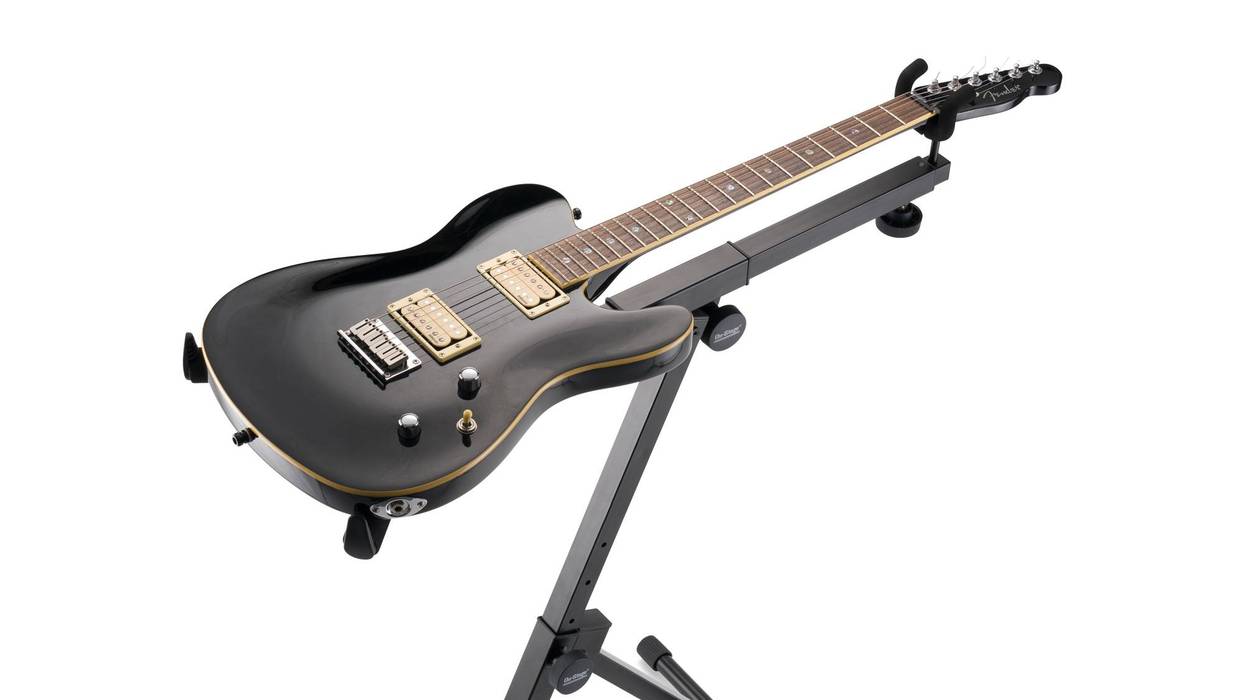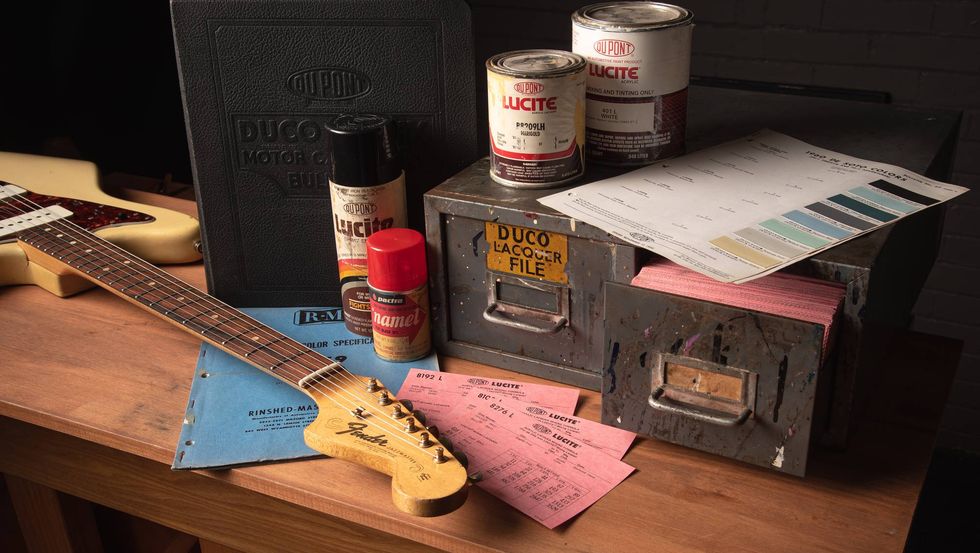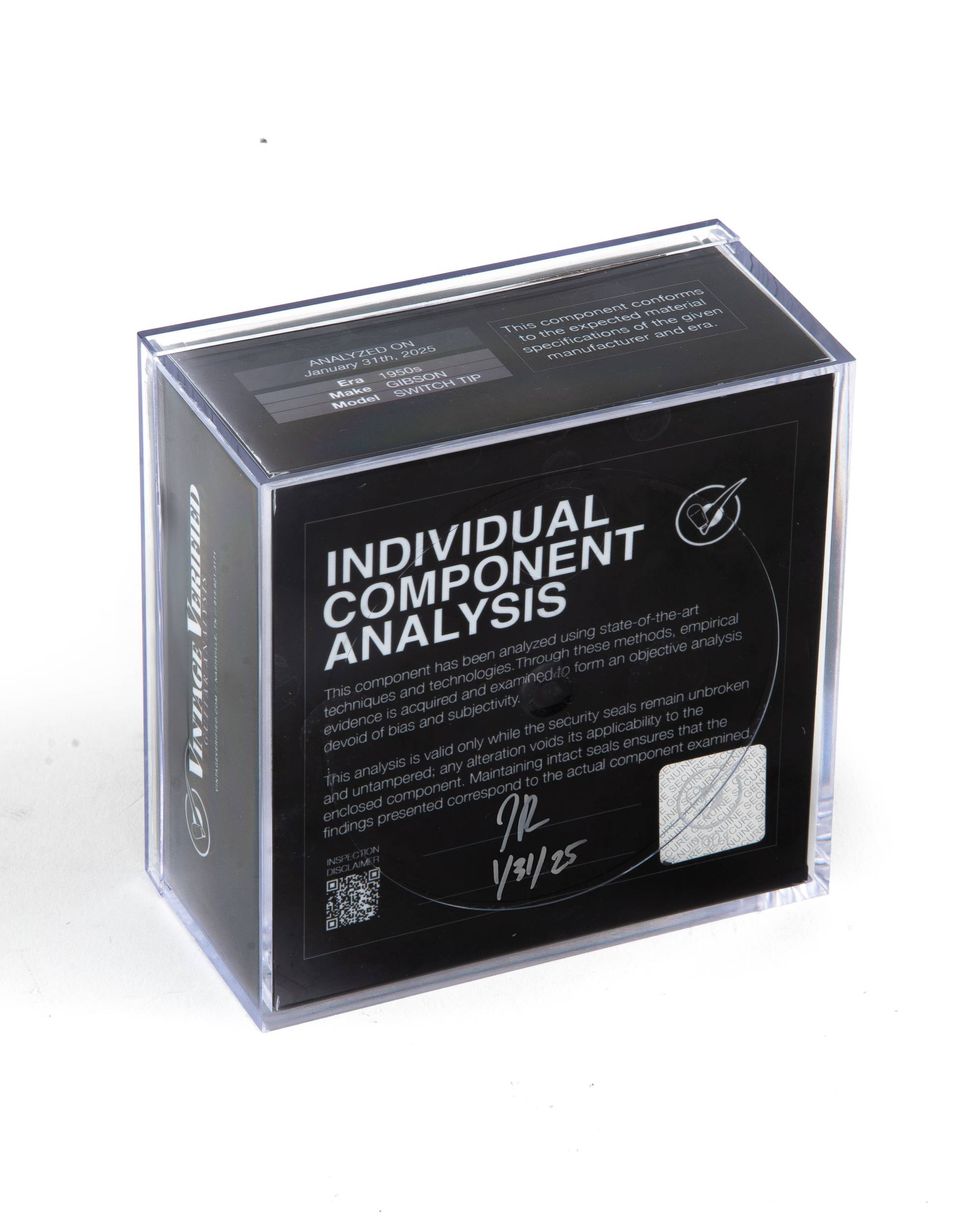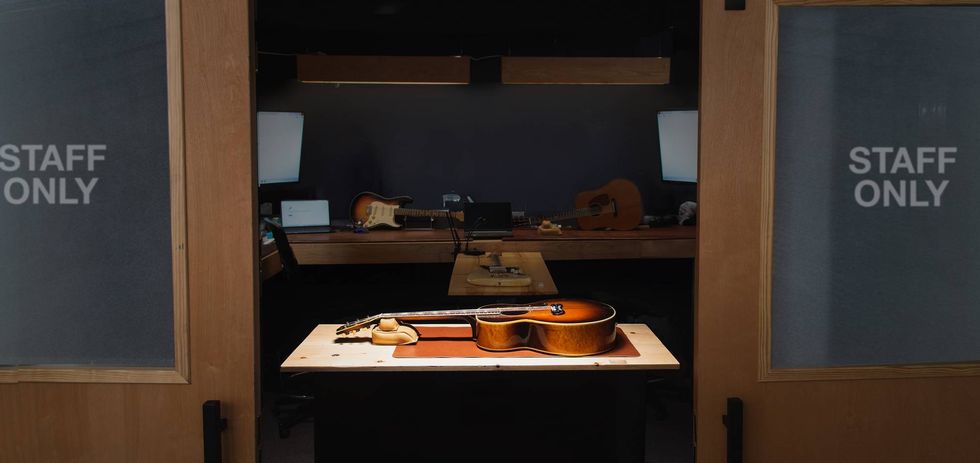Paul Rivera’s amplifiers and effects are
impressive by any standard. His work
reflects a remarkable breadth of knowledge
and intuition about the real musical applications
for amplifiers and effects. The proof is in
Rivera’s client list—which includes artists spanning
country, metal, roots rock, and pop—and
in the longevity of a career that now spans
more than three decades.
That ability to work across stylistic barriers
is typified in Rivera’s new Shaman pedals—
the Blues Shaman, Double Shaman, and
Metal Shaman. The Blues Shaman evokes an
overdriven tweed Fender, while the Double
Shaman combines two voices optimized for
hot blues-rock or more aggressive ’80s flavors.
The Metal Shaman, meanwhile, conjures
high-gain destruction. Here we take a look at
the Blues Shaman and Double Shaman.
Built for the Stage
Both the Blues Shaman and Double Shaman
are constructed from 16-gauge stainless steel
and adorned with colorful graphics printed on
polycarbonate panels. Shared features include
a single 1/4" input and output, a 9-volt
adapter input, and a battery compartment
that’s accessed through the back panel’s four
Phillips-head screws. High-quality parts are
used throughout: WIMA wound caps, low-noise
FET and bipolar transistors, and Analog
Devices chips are mounted on double-sided
PCBs, while metal-barreled jacks ensure road-worthiness
and long life, and the knobs and
stainless-steel housing suggest Paul Rivera isn’t
the slightest bit interested in skimping. These
pedals were built to last and were obviously
designed with love and care.
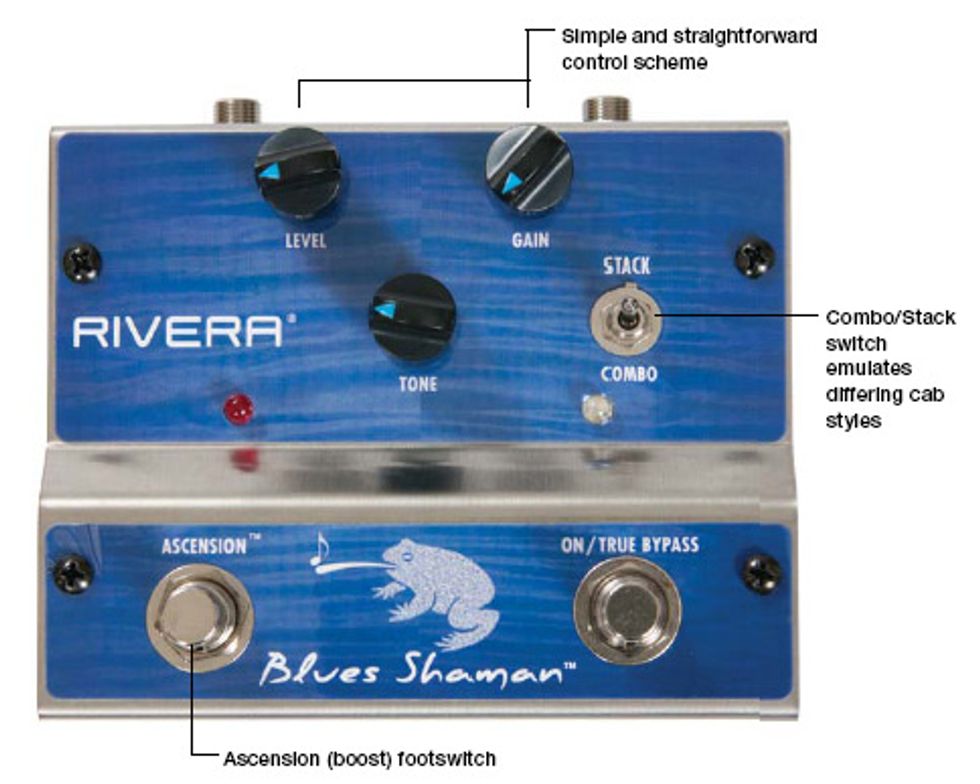
| Download Example 1 Gritty Strat in Combo Mode | |
| Download Example 2 Gritty Strat in Stack Mode | |
| Download Example 3 Hamer Korina Special (P-90s), heavy distortion | |
| Clips recorded through a Blackheart Little Giant 5 and 65 Amps London Pro 1x12 cab (Celestion G12H-30). Mic'd with a Shure SM57, dry into a Chandler LTD-1 mic pre with no EQ into an Apogee Symphony I/O to Pro Tools. No added reverb or FX. | |
The Blues Shaman was designed to reproduce
the dynamic range and soft-clipping overdrive
typical of a ’50s tweed Fender with 6V6s and
an alnico Jensen speaker—for example, a
Deluxe or Tremolux. Controls are simple and
to the point: Level, Tone, and Gain knobs,
a Stack/Combo mini toggle, and two stomp
switches labeled Ascension (boost) and On/
True Bypass.
I set up a Fender American Standard
Strat, a Blackheart Little Giant 5 head, and
a 65Amps London Pro cab with a Celestion
G12H-30 speaker to evaluate the Blues
Shaman. With the Blackheart set clean and
flat, the pedal delivered a classic, slightly
fizzy, thick-bottomed blues mood. The pedal
translated picking dynamics superbly, and the
whole rig felt lively and very touch sensitive.
The Blues Shaman has a knack for conveying
the nuances of the interaction between fingers,
wood, and wire. It’s very organic sounding.
Digging in with the Gain at 1 o’clock
imparted the beautiful sound of a small combo
nudging up against the breaking point. In
the Combo setting, you can hear the Blues
Shaman take on many of the qualities of an
open-back cab with its airy, and less bass-heavy
sound. The Tone knob is effective and has a
very wide range. Rather than just add treble, it
shapes the voice in a more dimensional way—
moving from darker to brighter and fizzier
without sacrificing bass clout. At first, I was
leery of having only one control for tonal voicing,
but in this case it was more than enough
to dial in tones ranging from James Gang-style
grit to Leslie West’s Mountain-sized hugeness.
Switching to my humbucker-equipped
Hamer Korina Special, I cranked up the
gain and toggled to Stack mode, which
thickened and tightened up the bottom
end while emphasizing low mids. With my
eyes closed and the amp volume high, the
bristling, compressed tones made me feel
like I was onstage at a late-’60s outdoor
festival. Small as the test rig was, it sounded
as badass as a Sunn Coliseum head—only
at a much more practical volume. The
Ascension switch propelled that sound
even further into the stratosphere—adding
a killer boost and livelier harmonics.
There is no doubt Rivera knows his
amps. And the Blues Shaman feels like a
pedal built by someone who understands an
amplifier as a living, breathing beast. The
Blues Shaman nails that tweed sound and so
much more. I can envision situations where
I’d happily take the setup I used for this
review over a ’50s tweed Deluxe simply for
the versatility the Blues Shaman adds.
Buy if...
you need a wide range of tweed-style tones in a single pedal.
Skip if...
your overdrive tastes tend toward modern flavors.
Rating...
Street $249 - Rivera Amplification - rivera.com |
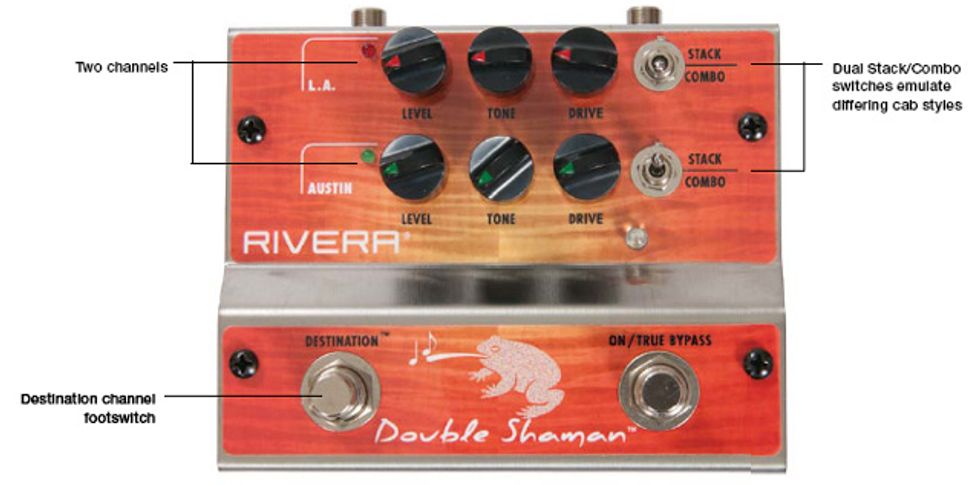
Double Shaman
| Download Example 1 LA Mode, Super Lead Tone, Godin Icon Type 2 | |
| Download Example 2 Austin Mode, Stack, Epiphone Sheraton | |
| Download Example 3 Austin Mode, Combo - Texas Rhythm Tone, Gibson Les Paul | |
| Clips recorded through a Blackheart Little Giant 5 and 65 Amps London Pro 1x12 cab (Celestion G12H-30). Mic'd with a Shure SM57, dry into a Chandler LTD-1 mic pre with no EQ into an Apogee Symphony I/O to Pro Tools. No added reverb or FX. | |
The Double Shaman is two very different
pedals in one. Its two channels—L.A. and
Austin—range from the ’80s hair-metal
feel of a modified Marshall on one to hot,
Gibbons-/SRV-style Texas tube tone on the
other. Both channels have simple layouts,
with Level, Tone, and Drive knobs, and a
Stack/Combo toggle. There are also two
stomp switches for Destination (channel
selection) and On/True-Bypass.
Given that I came up during the hairband
era and actually owned several modded
Marshalls back in the day, it was a
fun trip down memory lane to jump into
the L.A. channel. Plugged into the same
Blackheart/65Amps half-stack I used with the
Blues Shaman, I fired up a Godin Redline
HB and cranked up the Drive control. Lo
and behold—hair metal on demand!
Much like the amps we modded back
in the Reagan years, the L.A. channel has a
ridiculous amount of gain on tap, and the
mids sounded focused for maximum cut
and wailing tone. In Stack mode, there was
plenty of attack and clarity, though it comes
with the same trade-offs you experience in a
modded amp: With the ridiculous amount
of sustain you get from so much gain, you
also lose some of the dimensionality that
comes with less-extreme voicings with lower
gain settings. It’s not a super-versatile tone,
but if you’re nostalgic for Warren DiMartini’s
solo tone on “Round and Round” or you
want to lay into some Dokken-era Lynch
sounds, this pedal was made for you.
The Tone control was quite flexible
and handy when changing from guitar
to guitar and matching just the right
amount of attack and presence. It even
made my low-gain Strat kick like it was
loaded with humbuckers. In Combo
mode, the L.A. section’s tone became
brighter and a little looser on the bottom.
But my preference—especially in the L.A.
channel—was to stay in Stack mode: It
achieved maximum punch and bottom-end
tightness.
On the Austin channel, the same three
controls and Stack/Combo toggle seemed
to offer up a wider range of tones. With a
Les Paul R8, it was easy to dial in a killer
Billy Gibbons Texas tone. Individual notes
rang rich with harmonics, and with the
Gain set fairly high (around 3 o’clock)
there was a raunchy vibe that just stank of
coolness. I really enjoyed the compressed,
spongy feel of the attack, as well as the flexibility
of the Tone control.
With the Les Paul in hand, I assumed I’d
prefer Stack mode, but it was Combo mode
that availed my favorite Texas-boogie tones.
And with a Strat and a roll-off of the Gain,
it was easy to conjure round, muscular SRV
sweetness. Switching into Stack mode with
this combination made the sound even bolder
and more powerful, and the pedal really
responded to digging in harder.
At times, I wished there was a third stomp
switch that added a boost capability for each
channel. Absent this feature, you can still
easily set up one channel to be hotter as a
boost for your solos, but because their tonal
differences are so substantial this approach
will be ineffective in certain musical contexts.
The Double Shaman accomplishes a
lot for a single pedal—it can transport
you from the Sunset Strip circa ’87 to the
South with the click of a switch. Both
channels are highly specialized and offer up
very different sounds for those who work
across a wider tone field. In my experience,
I’ve never come across a pedal that moved
between two extremes and made them
work so well together.
Buy if...
your playing incorporates ’80s hair-metal sounds and ’70s Texas grit.
Skip if...
you don’t need such radical variance in your lead tones.
Rating...
Street $299 - Rivera Amplification - rivera.com |
The Verdict
Paul Rivera’s decades of experience
show in the Blues Shaman and Double
Shaman. Both pedals are dynamic, sensitive,
and responsive to different guitar
voices and playing approaches—just
like a great tube amplifier. And if you’re
looking to expand the range of your
own amp without sacrificing its essential
tube character, the Blues Shaman
and Double Shaman have the goods.


